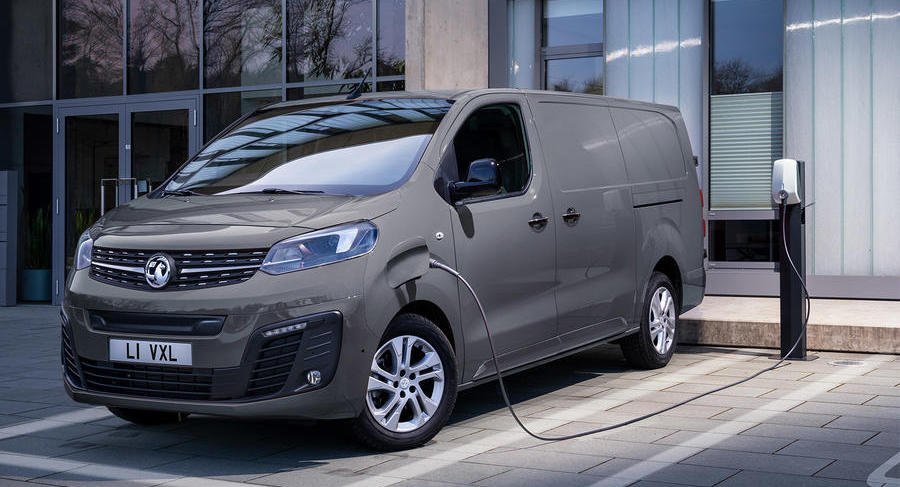Inside the industry: Are LCVs the real drivers of electrification?

Chance are you've had some parcels delivered to your door by a van driver this year. Even before the pandemic, the gig economy was exploding, keeping light commercial vehicle sales on a robust upward curve.
LCVs are a critical but often-overlooked side to the automotive industry, driving strong profits and lucrative aftersales opportunities. European LCV sales grew for seven years prior to 2020, led by vans under 3.5 tonnes. As with cars, the key markets are Germany, France, the UK, Italy and Spain.
Notably, the attitude towards collaboration is different. The late FCA boss Sergio Marchionne always bemoaned how each car maker spent billions developing essentially the same tech then complained about paper-thin margins; he would have found solace in the LCV world, where, for instance, Volkswagen works with Ford and MAN and PSA with Fiat and Toyota.
The outcome is that often-near-identical vans are sold bearing different badges, with the difference between winning and losing a sale based as much on dealer location and the finer points of price, warranty and kit.
It's an ecosystem that has so far worked to everyone's advantage and looks set to accelerate as the pressures to modernise play out. While today's most advanced vans use car-based platforms and are therefore car-like in their refinement and material quality, the most basic bring back bad memories of cars from more than 20 years ago, sitting on rudimentary chassis and powered by grumbly diesel engines.
The LCV market is on the cusp of a electrified sea-change, especially given the UK's 2030 announcement. While the likes of Nissan and Renault have offered electric vans for some years, the real opportunities are only now being realised, most notably led by in the high-volume, medium-sized segment by PSA, whose Vauxhall Vivaro-e recently won What Car?'s first Van of the Year title, delivering up to 205 miles of range and an 80% charge in little more than half an hour. As with an electric car, its purchase cost is high but its running costs are estimated to be a fifth of those of a diesel.
Now experts predict an explosion in sales of electric vans; they won't work for long-distance drivers, but huge swathes of the market, especially urban workers, could easily live with 200 miles of range per day and charge cheaply overnight.
The Vivaro-e is nigh-on sold out until spring and its stablemates are selling fast. A Ford Transit EV will arrive in 2022 and Fiat, Mercedes, Volkswagen already offer electric versions of existing vans. So don't be surprised if LCVs, not cars, spearhead the drive to electrification.
Related News
